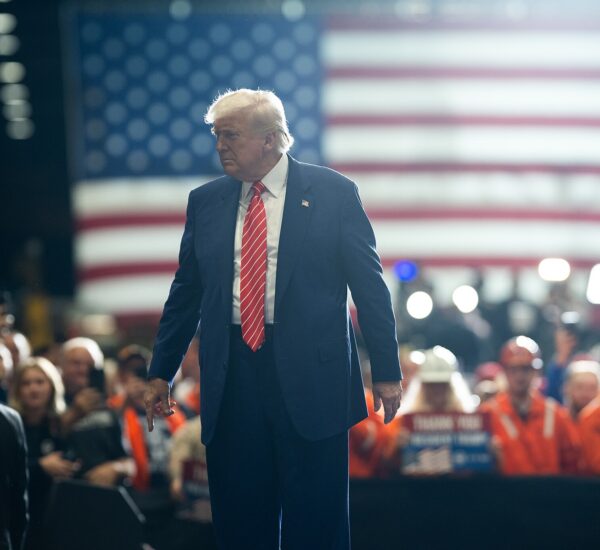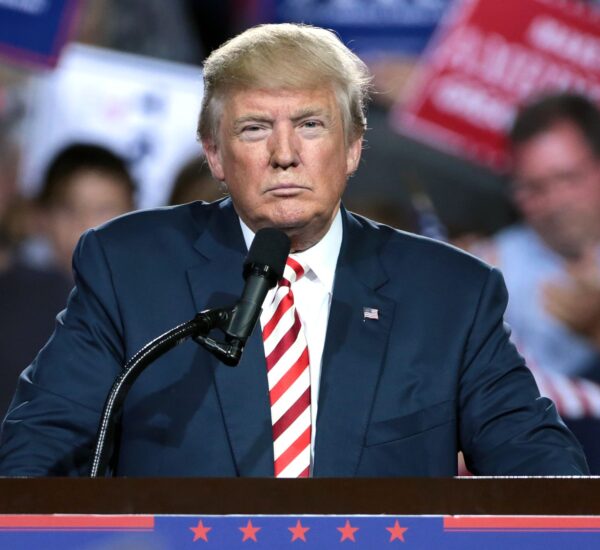More Questions Arise Over Kamala’s Spending
Vice President Kamala Harris’s campaign is facing increasing scrutiny after its disappointing loss to President-elect Donald Trump, with questions emerging about its financial management and overall spending strategy. Despite an eye-popping $1 billion budget, the campaign reportedly ended up $20 million in the red, though officials have denied these claims.
Patrick Stauffer, the campaign’s chief financial officer, reassured the public that there were no unpaid bills or outstanding debts by Election Day. “There will be no debt on either the DNC or HFP report in the post-election filings,” Stauffer stated, attempting to downplay concerns.
Nevertheless, the Democratic Party is grappling with its poor performance, particularly Harris’s failure to secure victory in any of the seven critical battleground states, alongside her loss of the popular vote to Trump. This has prompted many within the party to reflect on the campaign’s approach and its use of funds. A particular point of contention has been the campaign’s large expenditures on high-profile events, including appearances with celebrities like Oprah Winfrey and Beyoncé, which some argue were an inefficient use of campaign resources.
Jon Reinish, a Democratic strategist, raised concerns that such spending could have been better allocated to targeted outreach efforts, such as creating more focused communications aimed at Hispanic and Black voters. “Instead of spending on expensive events, why not put that money into a strategy that directly engages key voter groups?” Reinish suggested.
In light of the campaign’s failure, there is growing demand for a thorough audit of how funds were used. Rodell Mollineau, another Democratic strategist, emphasized that while the late timing of Harris’s candidacy posed challenges, the campaign’s financial decisions should still be examined. “When you lose after spending that much, people are going to want answers,” he said.
While the Harris campaign points to its fundraising success as one reason it managed to keep battleground states close, it is clear that reaching a divided electorate proved difficult, especially against a well-funded Republican operation. Some, like Jamal Simmons, a former communications director, argue that Harris’s campaign was at a disadvantage from the start, with problems dating back to Biden’s debate performance and the failure of the Biden team to defend Harris against early Republican attacks. “These weren’t just problems of the last few months; they were years in the making,” Simmons said.
Although the full financial picture won’t emerge until the December 5 post-election filings, some in the party are trying to find silver linings. For instance, some have praised the campaign’s innovative use of celebrity-driven events as a new way to engage voters. But the broader consensus is clear: the Harris campaign’s financial strategy needs significant reevaluation if Democrats hope to win back key swing voters in the future.






“Can Trump Fix Biden And Kamala’s Mistakes In 4 Years”
ABSOLUTELY !!! IF, and that’s a BIG “IF”, congress and the judiciary actually get behind him and give him Cart Blanche to do what he needs to do and as long as his decisions fall within the US Constitution, they should not interfere.